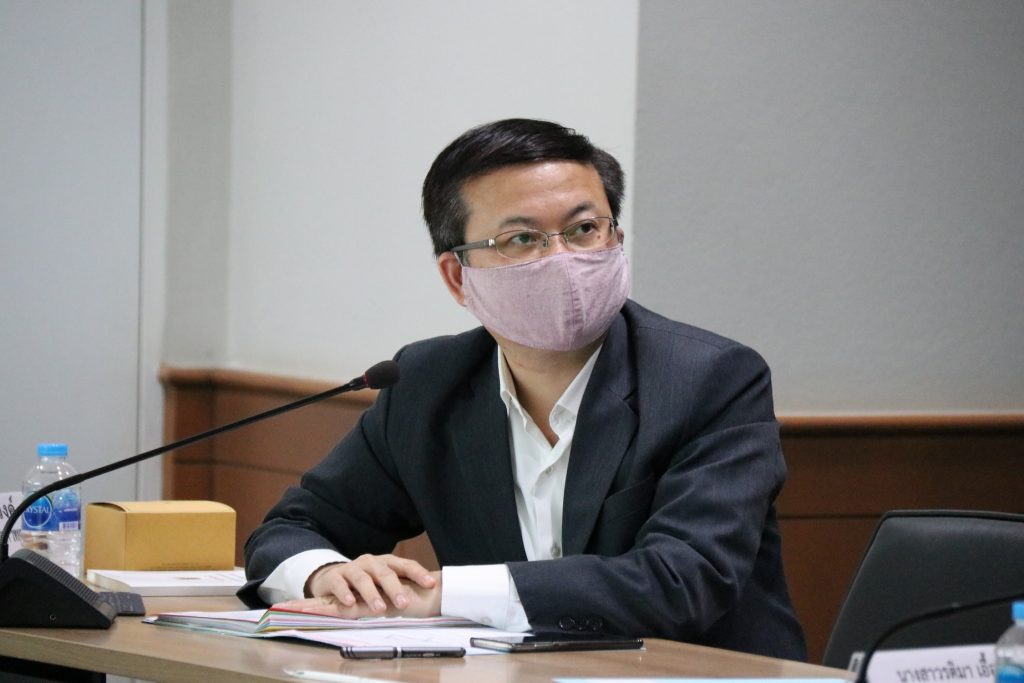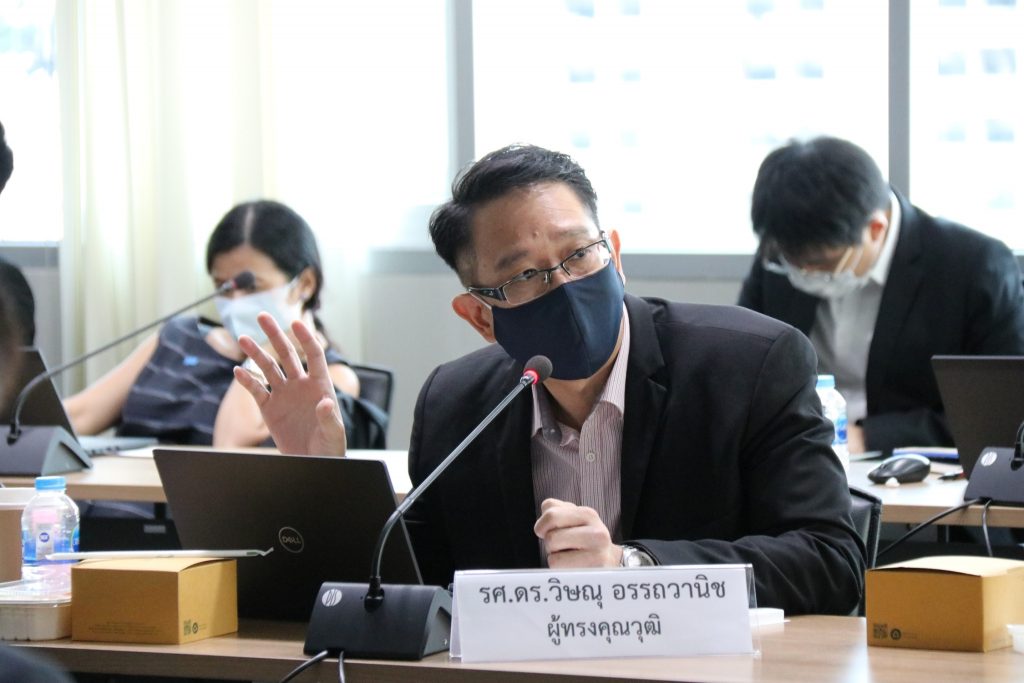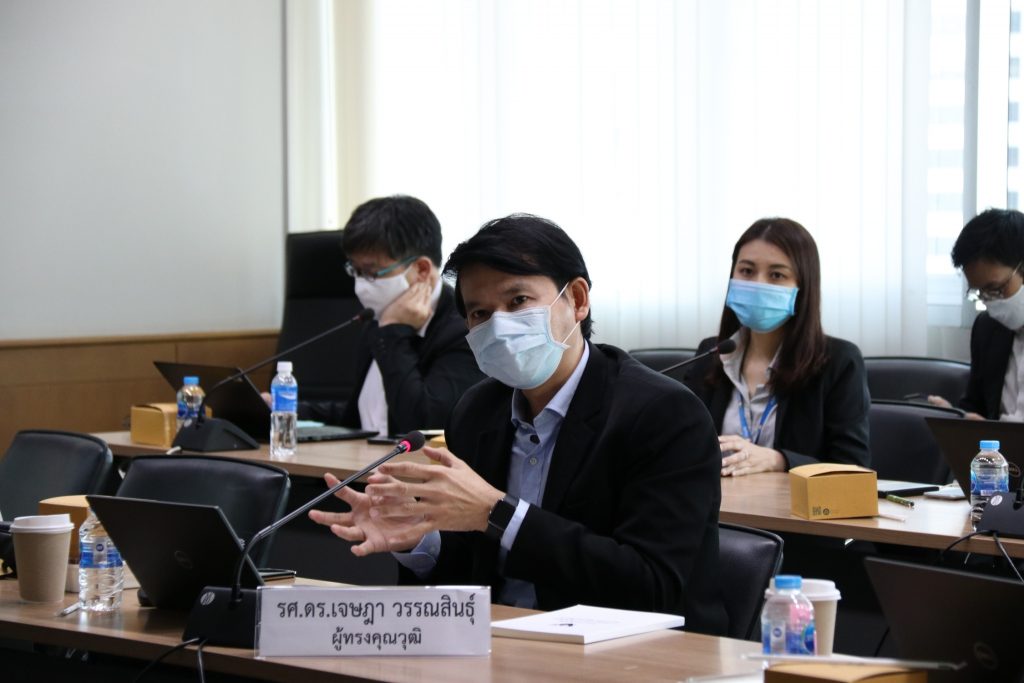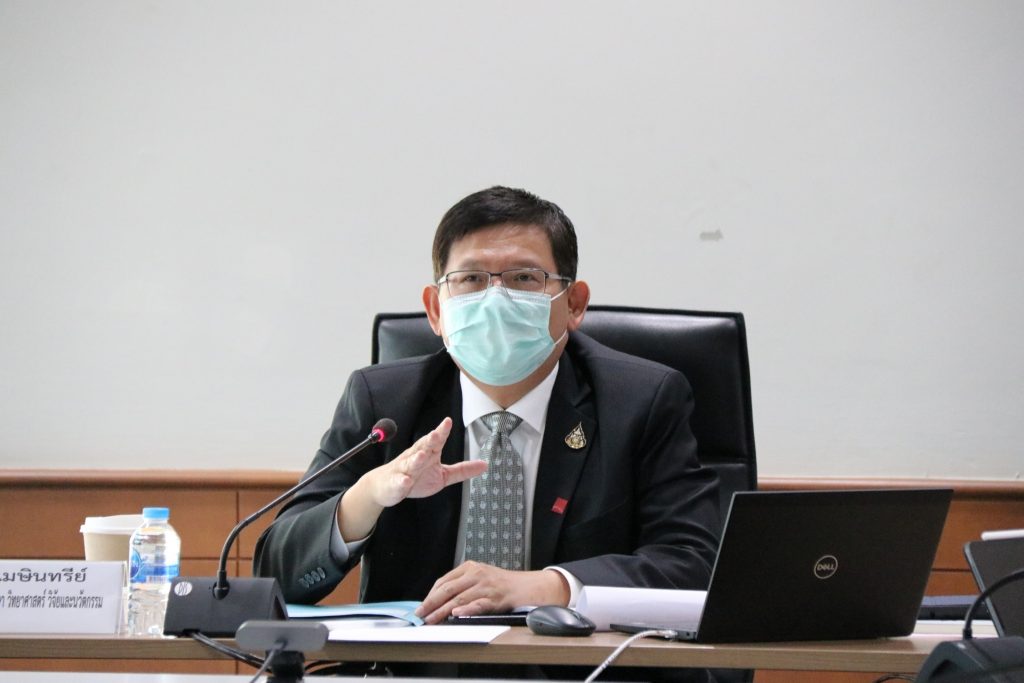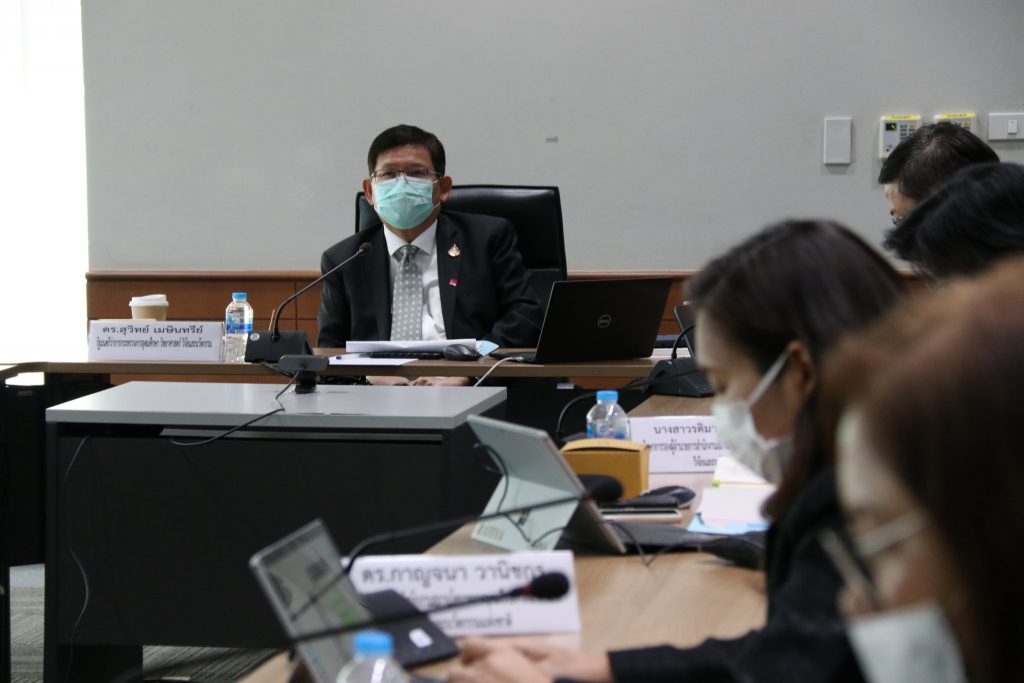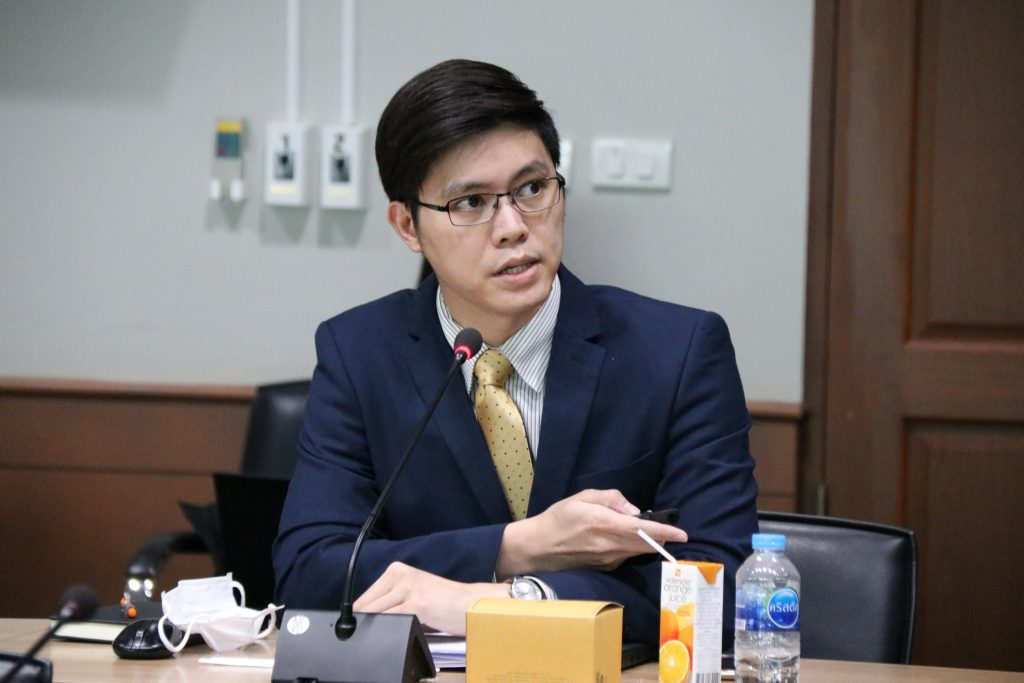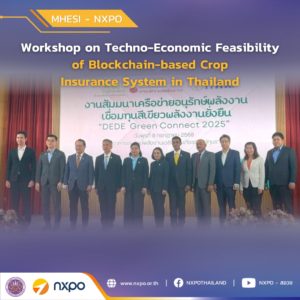At the recent NXPO Executive Board Meeting chaired by Dr. Suvit Maesincee, Minister of Higher Education, Science, Research and Innovation, NXPO President Dr. Kitipong Promwong presented results of a survey conducted by NXPO on high-skilled manpower demands in target industries in the next five years (2020-2024) and an outline of Manpower Development Strategy and Plan.

NXPO conducted a survey on workforce demands in the next five years (2020-2024) in 12 target industries - Biofuels & Biochemicals, Digital Industry, Aviation & Logistics, Wellness & Medical Devices, Automation & Robotics, Modern Transport, Smart Electronics, High-quality and Wellness Tourism, Agriculture & Biotechnology, Food Processing, Defense Industry and Education and Training. The study revealed that there is a strong demand for talents, ranging from bachelor’s to doctoral-degree holders to fulfill 317,946 jobs. Of these demands, 145,613 jobs are in BCG sector (Bio-Circular-Green economy), which can be broken down to: 74,244 jobs in Agriculture & Food, 20,153 jobs in Wellness & Medicine, 9,836 jobs in Biofuels & Biochemicals and 41,380 jobs in Tourism and Creative Industry. While the education sector produces around 300,00 new graduates/year, the demands for new talents in target industries are 63,589 persons/year.
These results showed that the country can produce more than enough workforce to supply to industries, but the problem lies in the quality of workforce. Industries now look for candidates with cross-disciplinary knowledge and skills. The study further revealed the current skill gaps in foreign language, computer literacy, mathematics and computation, management, thinking and communication. The challenge for the government is therefore to create an education system as well as update/redesign curricula and programs that will equip new graduates with knowledge and skills meeting the requirements of the industries, along with upskilling and reskilling programs for current workforce which can be achieved through short courses, training and research.
The Board of Investment has announced fiscal measures to encourage companies to provide training and apprenticeship programs to their employees, including 250% tax exemption for training expenses – provided that the training is conducted by registered training organization and in the fields listed on the Future Skills Set to be announced by NXPO, and 150% tax exemption for expenses spent on hiring employees with advanced STEM knowledge.
Minister Suvit complimented the extensiveness of the study and its usefulness in setting the strategy and plan for manpower development. However, as the study was conducted prior to the COVID-19 outbreak, the strategy and plan will need to be re-evaluated taking into account the impact of COVID-19. As foreign investment will likely be pulled out, local economy will become the focus in the post-COVID period. Workforce demands in local economy will therefore need to be investigated. Reskilling program will be essential as the outbreak has re-shaped the economy, businesses and the job market. Minister Suvit suggested that NXPO work with the private sector, economists and the Board of Investment on analyzing and developing the post-COVID scenarios of economy, investment and employment. Such scenarios will help determine manpower strategy and plan.

